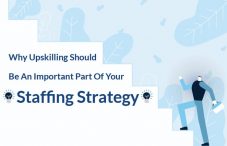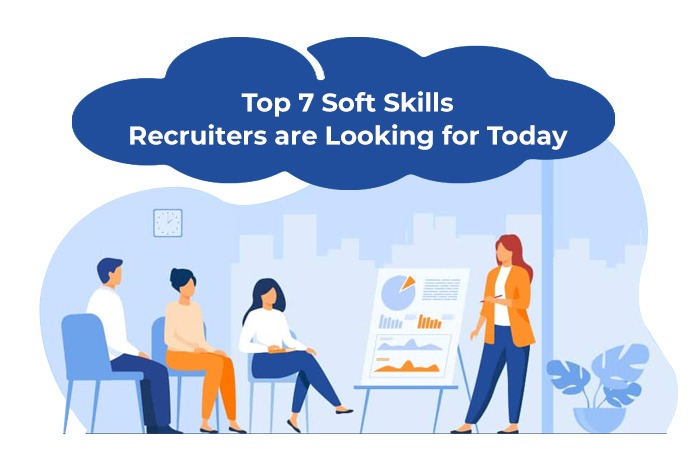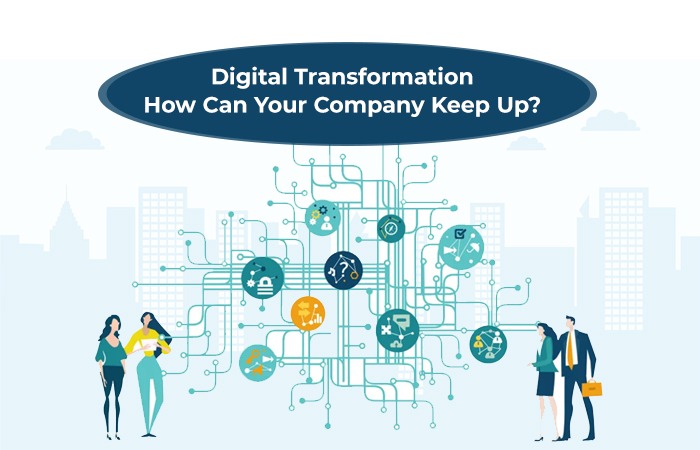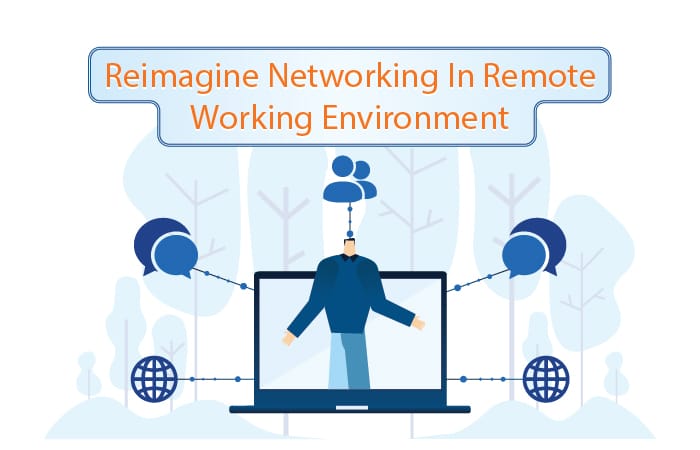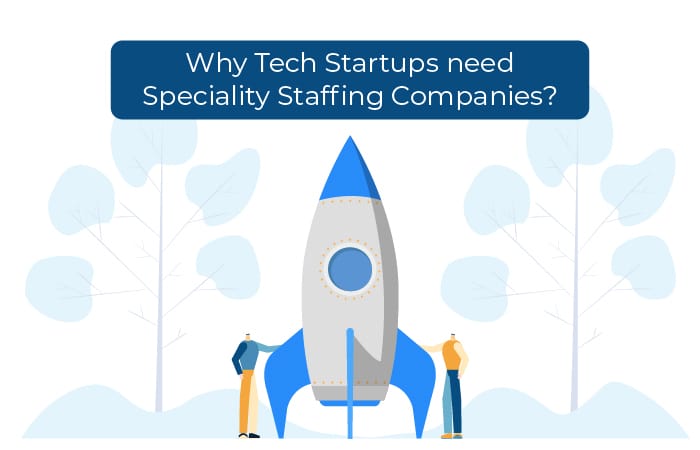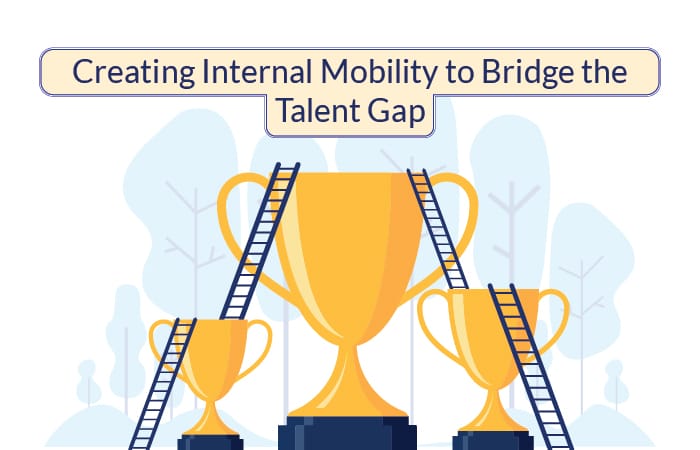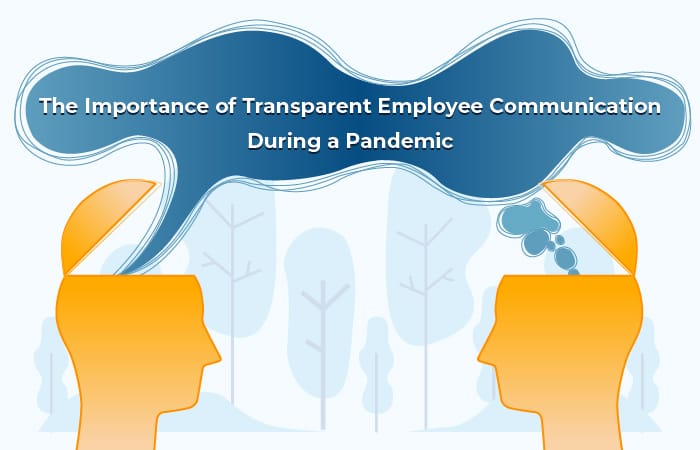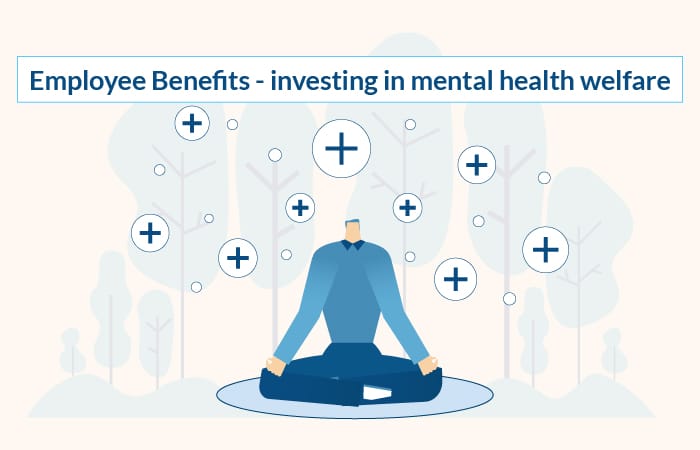Organisations across the globe are transforming to accommodate the new normal.
To stay agile in the current competitive & highly technology driven market, companies need to build a highly skilled talent ecosystem. HR managers are now in an advantageous position to create major changes to their recruitment strategies.
A recent survey shows that 59% of organisations preferred considering external employees for new roles, rather than upskilling current employees.
On the other hand, 84% of the employees prefer to learn the skills required to undertake roles impacted by digital transformation, with an existing employer.
However, only 30% felt supported by their current organisation to meet the new demands.
What is Upskilling?
Upskilling refers to training the employees in the latest, advanced skills to close the talent gap. It allows the employees to improve their knowledge and capabilities in a role.
Why is upskilling important?
Upskilling has not received the importance it deserves. Companies often think that upskilling helps only the employees. While the employees are the direct beneficiaries, upskilling helps the companies in more ways than one.
Let us take you through why you should focus on upskilling your current employees and make it an important part of your HR strategy.
- Improve Employee Morale & Employee Engagement
Employees that see learning and growth opportunities within the organisation are better motivated and engaged. Upskilling and reskilling helps them see a clear road to career enhancement and this creates a sense of happiness and excitement, improving their morale. As a result, they are more engaged at work, improving productivity and efficiency.
- Improve Retention
Upskilling your employees shows them that you care about their career and future. Once they know they can grow in the organisation not just professionally but also personally, they feel a sense of belonging and purpose. Employees want to stay longer and grow with the organisation.
- Attract Better Talent
Everyone wants to work with organisations that invest in employee’s career development. Happy & engaged employees openly share their employee experiences on social media platforms like Glassdoor, LinkedIn, Facebook. By investing in Upskilling, training and development, you can create a good employer brand image and attract the best skilled talent.
- Foster Agility and Adaptability
We all know by now how important it is for an organisation to be agile and adapt quickly to the changing situation.
Upskilling current employees helps save time otherwise spent on recruiting and on boarding new employees. This in turn makes you agile and prepared to face any challenge.
In the current ever evolving world, organisations are using the downtime provided by Covid to upskill and reskill their employees to get a competitive edge and be ready for the future.
- Adopt Ever Changing Technology
Pandemic proved that companies that were fast to adopt new technology and close the skills gap within their workforce came out successful.
With the technology changing faster than ever, it is important that the companies are quick to upskill their employees and adapt to the latest in technology and remain competitive and in sync with times.
Plan your HR strategy to include Upskilling by following these simple steps –
- Conduct a skills audit within your company to identify the present skills and the future requirement. Analyse your skills gap.
- Identify employees for upskilling and reskilling programme.
- Work with the employees and create upskilling and training schedule.
- Create remote, self-study training modules focussed on the latest skills and competencies.
- Fine-tune and improve with the help of regular feedback.
Learning is constant. Employers that provide their employees with structured learning opportunities are investing in a workforce that is not just talented and competent but also highly engaged.

